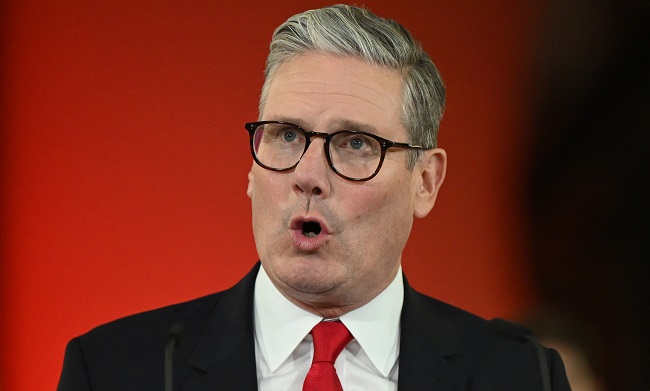
The UK government has announced plans to abolish 92 hereditary seats in the House of Lords, a reform initially started under Tony Blair’s Labour government in the 1990s. This move, announced by King Charles III during the first parliamentary session following Keir Starmer’s Labour Party’s landslide victory in the July 4 election, is part of broader measures to modernize Britain’s uncodified constitution.
“The continued presence of hereditary peers in the House of Lords is outdated and indefensible,” the government stated in briefing notes accompanying the King’s Speech.
Labour’s return to power for the first time since 2010 has allowed the party to pursue its manifesto pledges, including these significant reforms to the unelected upper chamber. While the specifics of Labour’s broader reform plans remain unclear, the government described the removal of hereditary peers as a “first step in wider reform.”
Comprising around 800 lawmakers, the House of Lords is the largest equivalent chamber in any democracy, with an average member age of 71. It includes former MPs, individuals nominated for their public or private sector roles, and Church of England clerics. The chamber’s primary role is to scrutinize the government, amend and delay bills, and initiate new draft laws.
The plan to abolish hereditary peers revisits Blair’s reforms from the late 1990s, which initially aimed to eliminate all hereditary seats but ended up retaining 92 as a temporary compromise. “Twenty-five years later, they form part of the status quo more by accident than by design,” Prime Minister Keir Starmer’s government noted.
Motivated in part by the gender imbalance among hereditary peers—all currently male due to traditional inheritance laws—the reform seeks to address the static political representation and lack of propriety checks for hereditary peers. The House of Lords fares better in gender representation overall, with 36 percent of its members being female.
“In the 21st century, there should not be almost 100 places reserved for individuals who were born into certain families, nor should there be seats effectively reserved only for men,” the government argued, calling the reform “long overdue and essential.”








